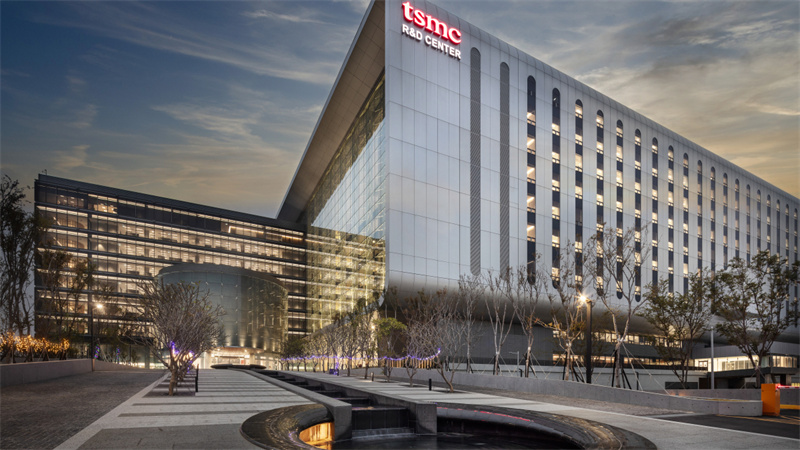Taiwan Semiconductor Manufacturing Co. (TSMC) has unveiled its next-generation 1.4-nanometer process technology and confirmed plans to begin construction of a new fab in Taichung next quarter, underscoring its push to stay ahead in the race for advanced chips.
According to Taiwan's Central Taiwan Science Park Bureau, the new facility—called Fab 25—will carry an estimated production value of NT$500 billion (US$16.5 billion) and create around 4,500 jobs. TSMC expects the fab to enter production in 2028, utilizing its newly announced “A14” process, the successor to its N2 (2nm) node.
The company showcased the A14 technology this week at its North America Technology Symposium in Santa Clara, California. TSMC said the new node will deliver up to 15% higher performance at the same power or cut power use by 30% at the same speed, while boosting logic density by over 20%.
Beyond the A14 announcement, TSMC introduced NanoFlex Pro, an enhanced nanosheet transistor architecture that improves design flexibility and efficiency. The company also detailed progress across several markets:
● High-performance computing (HPC): Volume production of a 9.5 reticle-size CoWoS packaging solution is set for 2027, enabling integration of 12 or more high-bandwidth memory stacks with advanced logic. TSMC also unveiled SoW-X, a wafer-scale system expected to deliver 40 times today's CoWoS performance.
● Smartphones: The new N4C RF process will support WiFi8 and AI-driven wireless audio.
● Automotive: The N3A process is entering production with AEC-Q100 Grade-1 qualification.
● IoT: The N4e process targets energy-efficient, AI-enabled edge devices.

TSMC emphasized that construction across its advanced fabs is moving ahead as planned, countering media speculation of delays. Volume production of 2nm chips will begin next quarter at sites in Hsinchu and Kaohsiung, followed by 1.6nm production in Kaohsiung in the second half of 2026.
The foundry is also scaling advanced packaging capacity at its Chiayi site and preparing an additional advanced facility in Tainan's Shalun District.
TSMC's progress comes as Taiwan's three major science parks are set to generate record revenue of NT$5.5 trillion in 2025, up 15.5% from last year, with semiconductors contributing more than 80% of the total.
The Taipei-based manufacturer also highlighted deepening collaborations with key EDA partners. Synopsys announced expanded work on multi-die integration using TSMC's process and packaging technologies, while Cadence unveiled new design flows for TSMC's N3, N2, and future nodes.
TSMC, a key supplier to Nvidia and Apple, has seen its stock climb over 42% this year, outpacing the PHLX Semiconductor Index's 26% gain, as investors bet on its central role in powering the global artificial intelligence boom.
+86 191 9627 2716
+86 181 7379 0595
8:30 a.m. to 5:30 p.m., Monday to Friday
